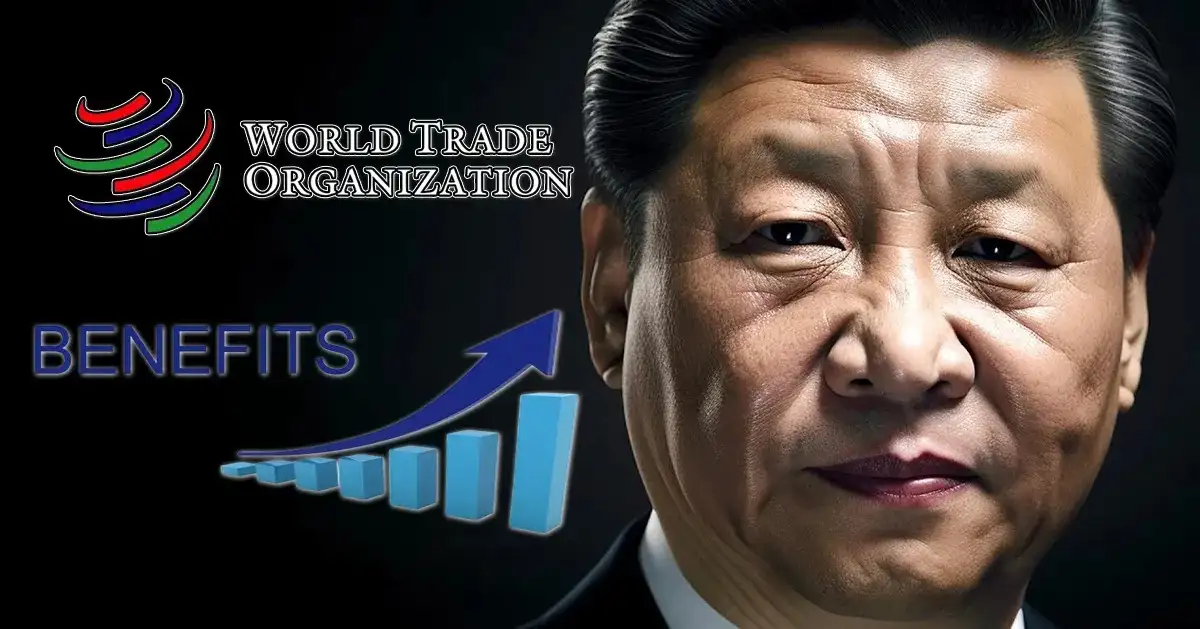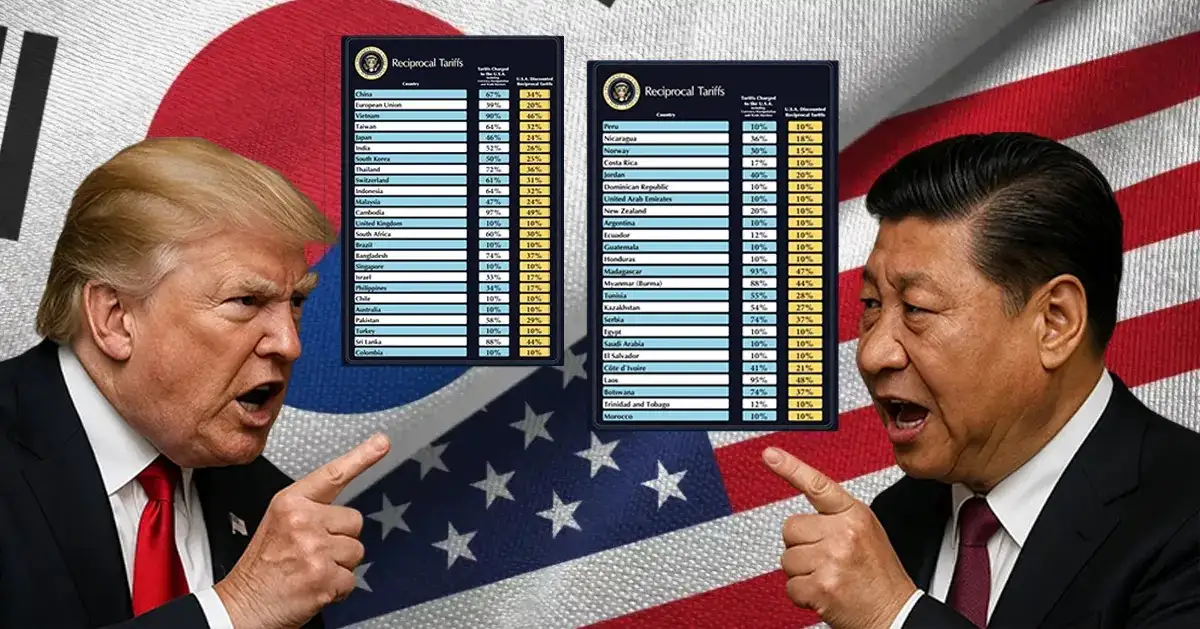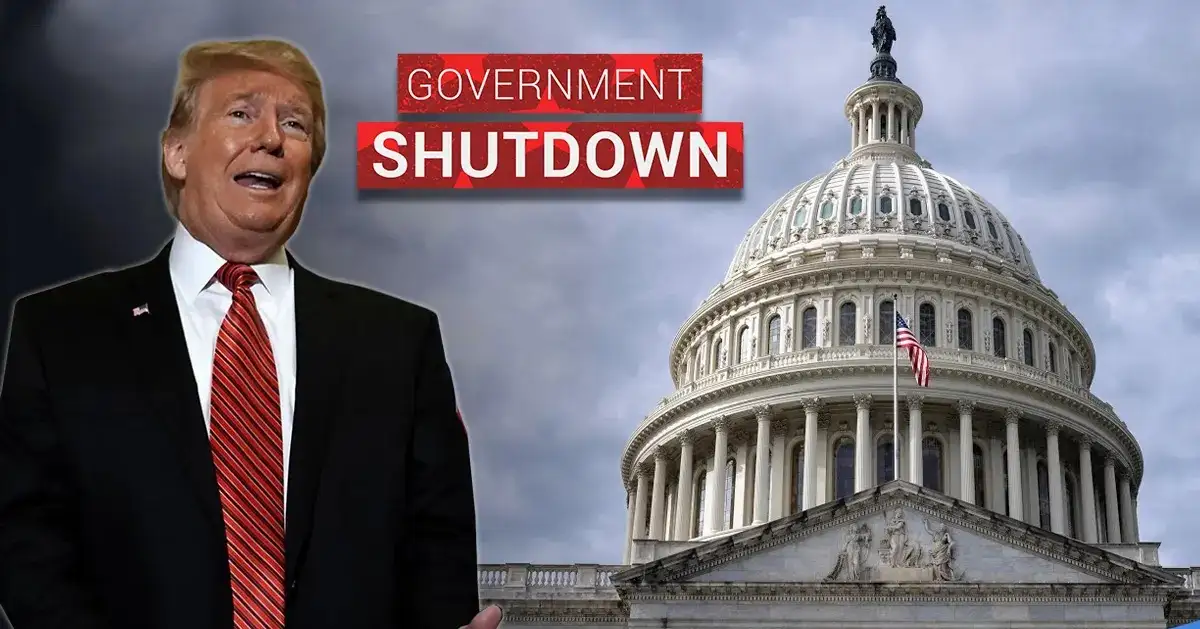China to Stop Claiming Special WTO Benefits That Rankled the US
Premier Li Qiang’s declaration in New York that China will no longer seek “special and differential treatment” (SDT) in WTO negotiations reveals a long-stalled reform agenda. The announcement, made during a UN General Assembly side event, dismantles a key friction point with the United States and reframes China’s global trade posture.
According to Ngozi Okonjo-Iweala, WTO Director-General, “This is a culmination of many years of hard work and I want to applaud China’s leadership on this issue!”
China’s withdrawal from SDT claims is not a retreat from influence but a recalibration of power. It signals readiness to renegotiate WTO rules, not under duress, but under strategic intent.
Why the Timing Is Calculated, Rather Than Coincidental?
The announcement coincides with three converging pressures:
- The U.S. has refused to advance WTO reforms unless China relinquishes SDT privileges.
- China seeks to accede to the Comprehensive and Progressive Agreement for the Trans-Pacific Partnership. This partnership demands regulatory transparency and subsidy discipline.
- It is well known that the developed nations contribute $100 billion annually to climate adaptation. However, China’s status as a developing country prevents it from making significant contributions, despite being the world’s largest emitter. This is the loophole that is increasingly being challenged by Europe and the U.S.
Chinese WTO delegate stated that, “We welcome the U.S. to come back to the WTO. We are ready to renegotiate on Article 28 if the U.S. raises its requests here at the WTO.”
The gesture is timed to preempt criticism, trigger stalled negotiations, and reposition China as a reform-minded power.
A Closer Look at The Metrics: Collapse the “Developing” Narrative
China is the largest trading partner for more than 120 countries. It leads in manufacturing, tech exports, and infrastructure financing. The “developing” label no longer aligns with its global presence and growth.
In 2019, Donald Trump stated that “The United States has never accepted China’s claim to developing-country status, and virtually every current economic indicator belies China’s claim.”
Let’s explore the WTO average standard for the developing countries as compared to China’s current position:
| Indicator | China | WTO Developing Average |
| GDP (PPP) | $33 trillion | <$5 trillion |
| Global Trade Rank | #1 | Below Top 10 |
| Billionaires | ~600 | <50 |
| Poverty Rate | ~2% | Often >20% |
| Market Cap Giants | 12 of the top 100 | 0 |
It’s A Tactical Compliance, Not Total Surrender
China’s move is selective. It has already skipped SDT in fisheries and domestic regulation talks. The current announcement extends that pattern but not universally. It’s, of course, strategic and will have deeper impacts in the long run.
According to a Chinese WTO delegate, “I see that in the coming negotiations, generally speaking, I don’t think China will ask for the SDT.”
They also added that, “China’s developing country status is non-negotiable.”
This duality is a clever move. It preserves China’s leverage in climate talks and geopolitical negotiations.
Implications for the US: The Spotlight Shifts
China’s gesture forces a recalibration in Washington. The U.S. has long used China’s SDT claims as a rationale for imposing trade barriers and disengaging from the WTO. That rationale now erodes.
Wendy Cutler, Asia Society Policy Institute, states that “In light of the absence of a WTO negotiating agenda and the slow pace of its reform efforts, the announcement, while welcome, will have little practical effect.”
Yet Cutler also adds that “It will help Beijing make the case of its enduring commitment to the multilateral trading system, in sharp contrast to Washington, which is holding up its dues to the organization.”
The U.S. must now choose between re-engaging with WTO reform or risk ceding moral authority in global trade governance.
What Is Expected Next?
Keith M. Rockwell, former WTO spokesperson, remains skeptical, saying “China will not give up SDT in sensitive areas like agriculture.”
The gesture is real, but the boundaries are guarded. China’s pivot sets the stage for:
- The WTO Ministerial Conference 2026 will be held in Cameroon, with negotiations focusing on subsidies, digital trade, and dispute resolution.
- CPTPP accession talks will include that China Must Liberalize Data Flows, Labor Standards, and Environmental Rules.
- Climate finance rebalancing will mount the pressure for China to contribute to the Global Climate Fund.
China’s WTO Shift Is Not Merely Procedural, It’s Narrative Engineering
The move is not as simple as it seems; it will reframe China as a rule-maker. This deliberate relinquish of SDT claims will compel the world to release its assumptions. It will push the governments to recalibrate their strategies. The move repositions China as a mature negotiator. China now sets the terms rather than just responding to them.







